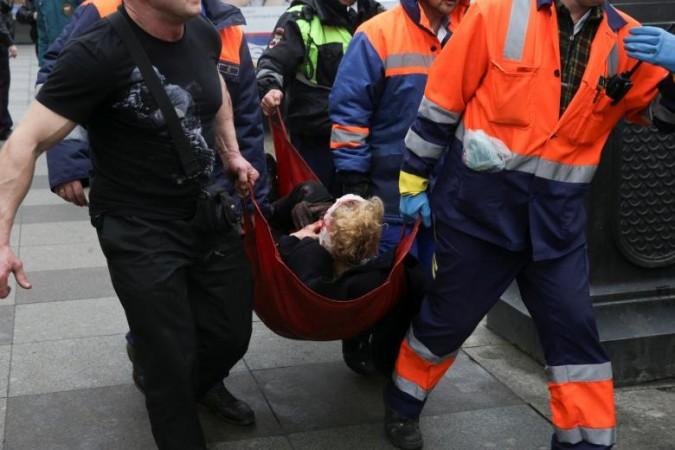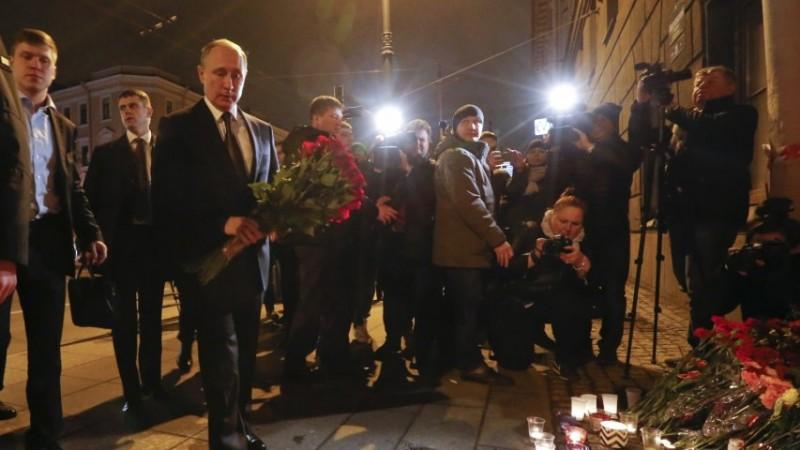
At least 14 people were killed and more than 50 were wounded in a bomb blast in St Petersburg train carriage on Monday. Law enforcement officials identified the suspect as a native of Kyrgyzstan with Russian citizenship.
The Kyrgyz security service named the bomber as Akbarzhon Jalilov. The suspect was reportedly born in Osh in 1995, the security agency stated. However, there are still conflicting reports as to whether the suspect was a suicide bomber or not, according to BBC.
Kyrgyz state media said the country's security service was "maintaining contact with the Russian secret service for further investigation".
Russian President Vladimir Putin visited the scene of explosion on Monday night and laid flowers at a makeshift shrine.

Nobody has claimed responsibility for the attack yet. The official, however, said they were treating the blast as an act of terrorism. Authorities in St Petersburg have declared three days of mourning.
Interfax quoted a law enforcement official stating that the examination of human remains at the scene of the incident suggested the attack had been carried out by a suicide bomber. The official also said the police had identified a suspect with links to radical Islamist groups banned in Russia.
United States President Donald Trump offered his condolences to Putin in a phone call late on Monday, a White House statement said. Trump offered Putin support and the two leaders "agreed that terrorism must be decisively and quickly defeated".
The US embassy in Russia has issued a warning for US citizens in the country: "Review your personal security plans; remain aware of your surroundings, including local events; and monitor local news stations for updates. Maintain a high level of vigilance and take appropriate steps to enhance your personal security," the statement said.
Islamist rebels from Russia's North Caucasus have carried out bomb attacks in Russia in the past. Although the rebellion in the region has largely been crushed, Russia's intervention in the Syrian civil war has made the country a potential target of the Islamic State (ISIS) group, according to security experts.










